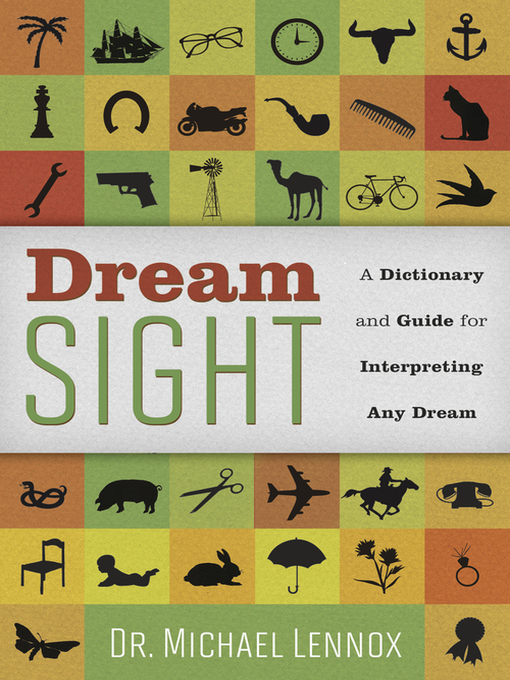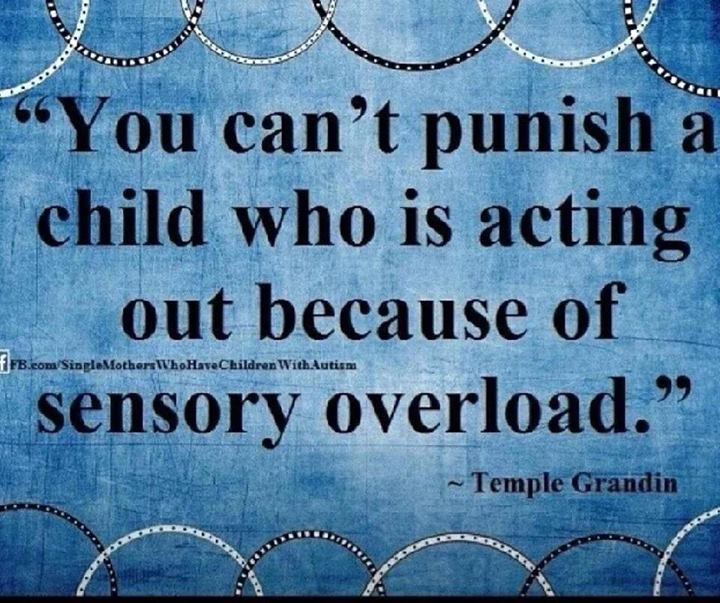Dream interpretations guide
A Beginner's Guide To Dream Interpretation & Common Symbols
What could your dreams be telling you?
There's no definitive answer, but the theories range from "dreams don't mean anything" to "dreams are more important than our waking existence," explains psychologist and dream expert Rubin Naiman, Ph.D.
"A lot of contemporary neuroscientists believe during REM sleep, the brain is involved in maintenance tasks, and it accidentally 'kicks up dust,' visually. At that end, dreaming is considered totally meaningless," he explains. "The other end is that dreaming is more substantial than waking. And we see this in 'dream cultures,' such as the indigenous people of Australia, who believe dreaming is intrinsic to our spiritual existence."
Most psychological theories surrounding dreaming fall somewhere in the middle. One of the most generally accepted ideas is the notion of dreams as memory consolidation, where the dream is a reflection of waking life, "almost like a funhouse mirror," Naiman says.
"From that perspective, dream interpretation is about decoding the dream. It enlightens us and expands our awareness psychologically," offering an "expansion of consciousness."
The key here, he says, is not to try to interpret the dream literally through its symbols and visuals but rather to feel into the emotions it evokes, asking, What is this bringing up for me emotionally? "We need to learn the dream language; we don't always have to translate it into waking."
That said, here are a handful of common dreams and some interpretations of what they could represent.
Advertisement
This ad is displayed using third party content and we do not control its accessibility features.
8 common types of dreams and what they could mean:
1.
Dreams about teeth falling out
There are lots of theories on what teeth falling out could represent in a dream, but one idea equates teeth to confidence and self-esteem. Many would feel embarrassed if their teeth suddenly fell out, so it's possible someone who dreams about this might be dealing with shame.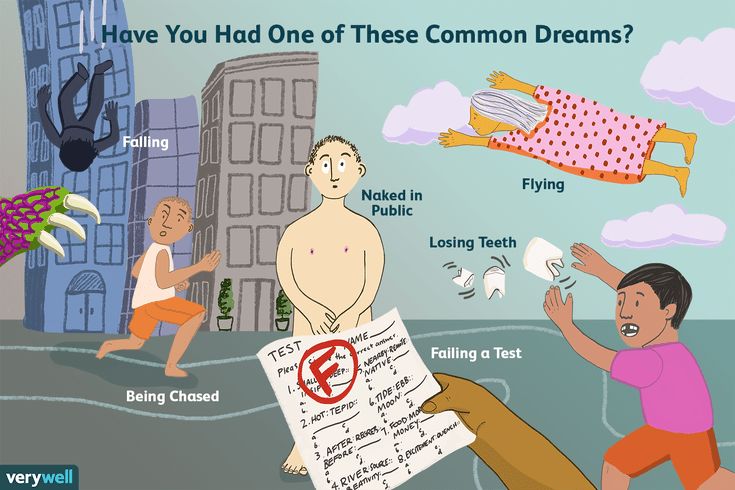 Again, as Naiman says, it's about what feelings the dream evokes in you.
Again, as Naiman says, it's about what feelings the dream evokes in you.
Advertisement
This ad is displayed using third party content and we do not control its accessibility features.
2.
Dreams about falling
Falling is one of the most common dream themes that people report. It could relate to feeling a lack of control. Perhaps you're dealing with a sizable personal struggle, and the stress is carrying over into your dreams. Ask yourself how it felt to be falling in the dream, and then consider any issues in your life when similar emotions are present.
3.
Dreams about being chased
When considering being chased in a dream, the most obvious explanation could be that you're running from a problem. Something you're afraid of is at your heels, and you're avoiding it. In this way, your subconscious mind is almost encouraging you to face whatever it is you're running from.
Advertisement
This ad is displayed using third party content and we do not control its accessibility features.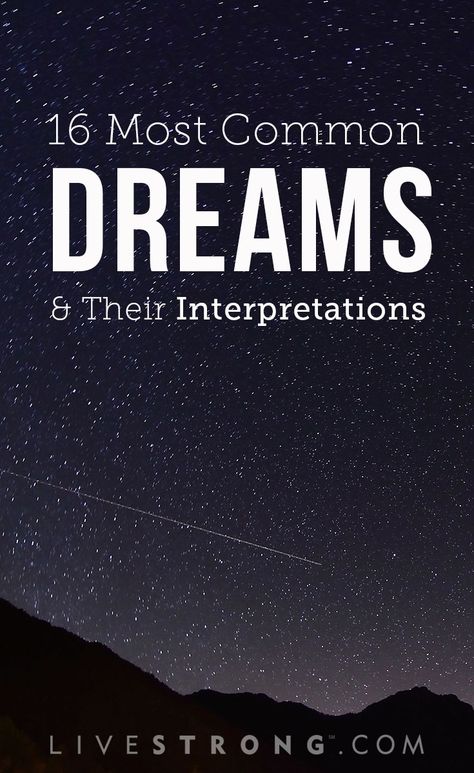
4.
Dreams about pregnancy
Not necessarily a sign that you or someone you know is pregnant, pregnancy dreams are often thought to represent change or growth. Is there something in your life that's growing and evolving, perhaps a project or relationship? Pregnancy is all about development, so look out for that theme in your waking life.
5.
Dreams that involve snakes or spiders
Snakes get a bit of a bad rep in some traditions, but in others, snake dreams can represent transformation and healing. Was the snake shedding its skin in your dream? Stuck in a box or trap? Did the snake make you feel afraid, or was it non-threatening? Snakes can appear in dreams in many ways, so again, getting in touch with the feelings the snake brought up for you can give you a better idea of why you dreamed about it and what it could mean.
And depending on their details, spider dreams can represent "some sort of deceit or web of lies surrounding you," according to professional dream analyst Lauri Loewenberg.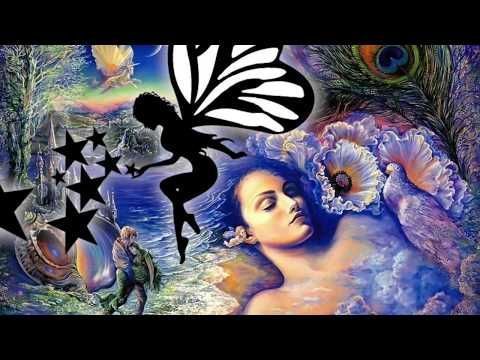
Advertisement
This ad is displayed using third party content and we do not control its accessibility features.
6.
Premonition dreams
And lastly, we have premonition dreams. Have you ever dreamed about something and then shortly thereafter your dream "came true," in a big or small way? You wouldn't be the only one! While difficult to rationally explain, if you frequently experience premonition dreams, you might want to lean into it and consider exploring your intuitive abilities further.
7.
Dreams involving nudity
If you're naked in a dream and feel shame upon waking, it could be a sign that you feel exposed or embarrassed in some part of your waking life. If you're super confident in your nudity dream, on the other hand, it could be a sign that you're fresh off a breakthrough and are feeling free and unencumbered.
8.
Sex dreams
Having a sex dream about someone doesn't necessarily mean you actually want to have sex with that person.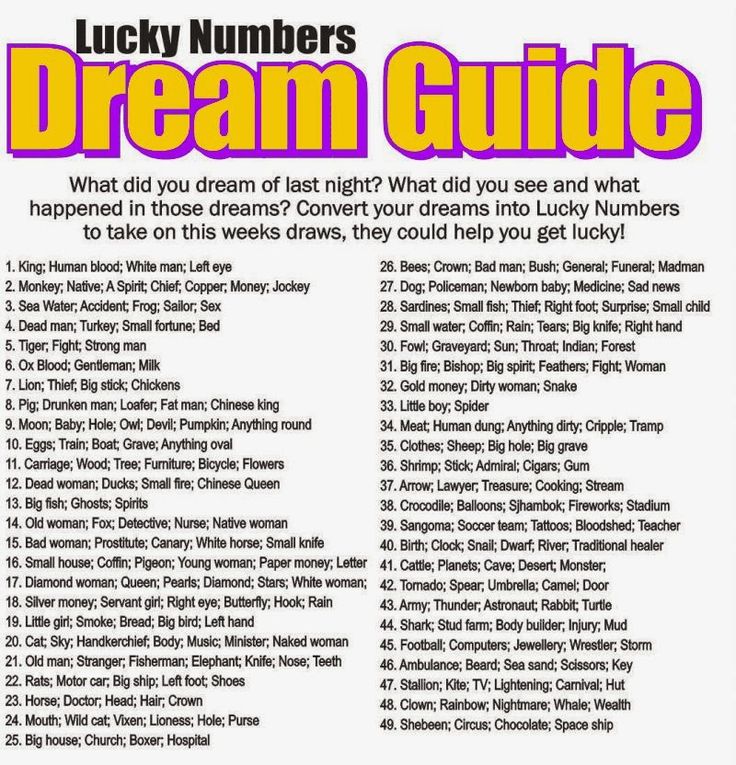 More often than not, it's a sign that the other person has some personality trait or value that you're jealous of or want to embody.
More often than not, it's a sign that the other person has some personality trait or value that you're jealous of or want to embody.
How to remember your dreams.
From Naiman's perspective, modern society is dealing with "an epidemic of dream loss." Everything from stress to processed food to alcohol can reduce time we spend in REM sleep and thus, the time we spend dreaming. So, what is there to do if you consistently struggle to remember your dreams?
One thing to consider is easing up on alcohol consumption, especially right before bed. Another option is to linger in your morning grogginess and purposefully stay in that half-awake, half-asleep state for longer. "Grogginess is an exquisite hybrid state of consciousness," Naiman notes. "Most people jump into their day when they wake up, immediately pushing the dreamy mind away. To remember dreams, we simply have to linger, without intention [...] We're not chasing the dream, we're kind of waiting. It will come.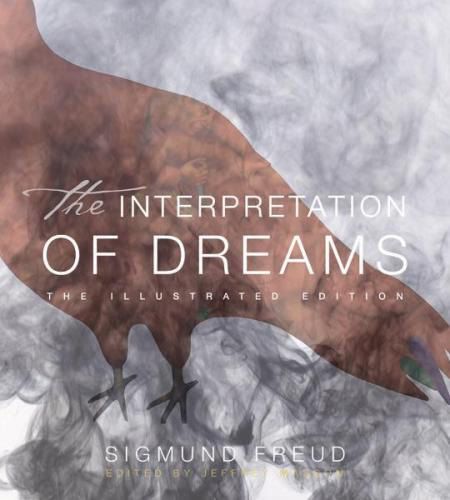 "
"
And when the dream does come back to you as you wake up, even if it's just one thing you can remember, write it down in a dream journal or make an audio recording of what you recall. This will help you get into the practice of "bridging the dream into waking life," as Naiman puts it.
The bottom line.
Dreams are complex, personal, and always up for individual interpretation. When looking for the answers, Naiman says the popular dream dictionaries aren't the place to turn. Check in with yourself instead. Getting in touch with the emotions behind your dreams can help you learn your unique "dream language," and better interpret the intuitive messages that come to you in your sleep.
Meanings For Symbols That Begin With N
N
To see the letter "N" in your dream implies the end of some habit, journey, relationship or condition.
Nachos
To make or eat nachos in your dream signifies your need for more leisurely pursuits. You need to take some time out.
You need to take some time out.
Nag
To dream that someone is nagging you suggests that you need to change your attitudes about your preconceived notions. It is time to make some changes in your life. You need to look at things from a different perspective.
To dream that you are nagging someone indicates that you need to confront some repressed resentment or unexpressed anger.
Nail Clipper
To see or use a nail clipper in your dream implies that you need to rid something that is holding you back. It is time to move forward and grow.
Nail File
To see a nail file in your dream suggests that you need to smooth out the rough edges of your personality or your relationship with others. You may be a little too harsh and too abrasive toward others.
Nail Polish
To polish your nails in your dream suggests that you need to put more focus onto what you are doing and what you are trying to accomplish.
To dream that you are changing your nail polish color represents your creativeness or emotional nature.
Dreaming that your nail polish is chipped means that your strive for perfection will only leave you disappointed. If you dream that you nail polish is smeared, then it indicates that you are rushing into something.
To notice someone's nail polish in your dream highlights their actions. Perhaps this person is doing something suspicious or doing something exceptionally well. If you do not like wearing nail polish and dream that someone is wearing nail polish, then it indicates that you are bothered or annoyed by their actions. This person may be doing something that you disapprove of.
Look up the color of the nail polish for additional significance. In particular, if you are wearing black nail polish, then it indicates your "don't care" attitude; you are in control. If you are wearing orange colored nail polish, then it means that you are feeling inspired; you are ready to create. If you see clear nail polish in your dream, then it signifies your objectiveness in a situation.
If you see clear nail polish in your dream, then it signifies your objectiveness in a situation.
Nail
To hammer nails in your dream represent your tenacity, persistence and ability to drive a hard bargain. Also consider the pun, "getting nailed" which refers to a sexual innuendo or which means getting caught with something. Alternatively, the dream may also point to another popular phrase "hitting the nail on the head", which suggests that you have fully resolved a situation.
To see nails in your dream symbolize long and hard work for little compensation and pay. It may also be analogous to some rugged or tough force.
To dream that you hurt yourself with a nail suggests that you need to be careful with what you say.
To dream that you are pulling nails out implies that you are not ready to commit to a situation or relationship. If you dream of pulling nails out of a tree, then it highlights some environmental issue that you are concerned about or involved with.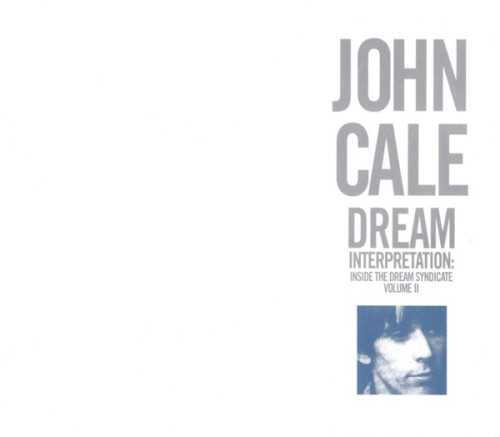
*Please see also Fingernails.
Naive
To dream that you are being naive indicates that you may be too trusting. The dream is a wake up call.
Naked
To dream that you are naked denotes fear of being found out and exposed over your activities. You feel that you are being misjudged.
To dream that you suddenly discover your nudity and are trying to cover up signifies your vulnerability to a situation.
To see a naked person in your dream and you are disgusted by it represents some anxiety about discovering the naked truth about that person or situation. It may also foretell of an illicit love affair, a loss of prestige or some scandalous activity. On the other hand, if you are accepting of someone else's nudity, then it implies that you can see right through them and their intentions. Or perhaps, you are completely accepting them for who they are.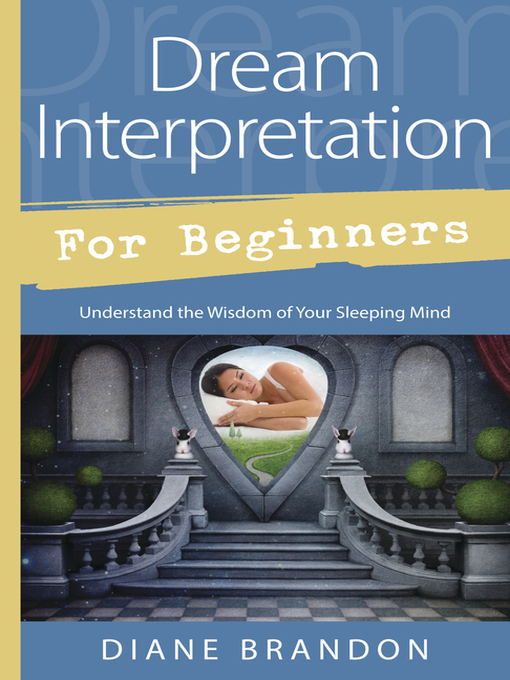 If you do not care about someone else's nudity, then it suggests that you need to learn not to be afraid of rejection.
If you do not care about someone else's nudity, then it suggests that you need to learn not to be afraid of rejection.
To dream that everyone is naked except for you implies that there is something you are hiding from others. It may also mean that you are nervous about something. Alternatively, the dream indicates that you are being overly critical of others. Instead of being accepting, you tend to find flaws in others.
*For an in depth analysis, click on Dream Moods' Common Dreams: Naked.
Name
To dream that you forget your name or someone else's name suggests that you are feeling overwhelmed and burdened. It may also indicate that you have forgotten your true self or your family roots.
To hear your name being called in your dream indicates that you are in touch and in tune with your spirituality. You need to be more aware of your own uniqueness and your individuality.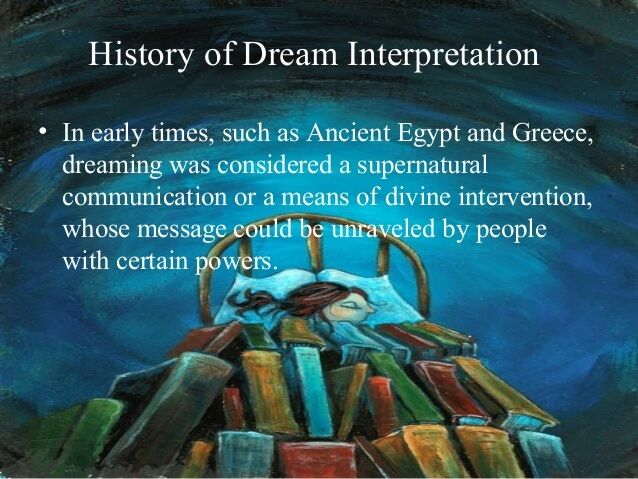 Alternatively, your subconscious may be trying to get your attention about an important message that you are refusing to acknowledge in your waking life.
Alternatively, your subconscious may be trying to get your attention about an important message that you are refusing to acknowledge in your waking life.
To see a familiar name written in your dream symbolizes the way you feel about that person. Your intuition about them may turn out to be true.
To dream that you changed your name or are referred to by a different name suggests that you are undergoing some major transformation or metamorphosis in your waking life. You are experiencing a reawakening.
Name Badge
To see or wear a name badge in your dream symbolizes your identity. The dream signifies your desires to reach out to others. Alternatively, the dream represents an unfamiliar situation.
If the name on the badge is not your name, then it means that you are experiencing an identity crisis. Perhaps you are doing something that is out of character. You have lost a little bit of yourself.
Nanny
To see or dream that you have a nanny implies that you are feeling overwhelmed. You feel that certain aspects of yourself are being neglected.
Nap
To dream that you are taking a nap suggests that you need to take a little time off to relax and take it easy. Give yourself a break.
Napkin
To see a napkin in your dream signifies neatness and cleanliness. Alternatively, the dream may be preparing you for some good news.
To see soiled napkins in your dream symbolize some major marital or relationship problem.
Narcissus
To see a narcissus in your dream represents vanity. This dream symbol may be a metaphor for someone in your life who is narcissistic. Alternatively, it symbolizes divine love.
Narcoleptic
To dream that you are narcoleptic suggests that you are oblivious to some situation. Perhaps it is something that you are refusing to see and acknowledge.
Perhaps it is something that you are refusing to see and acknowledge.
Dreaming that someone has narcolepsy implies that you feel he or she is not responding to your needs or that you are not being heard.
Narcosis
To dream that you are under narcosis is an indication that you are trying to suppress your emotions instead of confronting them. You may be trying desperately to avoid a problem or situation in your waking life. Or you may be trying to refuse to take responsibility for your actions.
Narcotics
*Please see Drugs.
Narrow
To dream about narrow spaces indicate that you are experiencing some struggle in your life journey. You are feeling restricted and confined. Alternatively, the dream may be a metaphor for your narrow-mindedness. Something narrow is also symbolic of female sexuality.
NASA
To dream that you are working at NASA represents possibilities and your desire to explore new things. You do not let boundaries stop you from doing what you want.
You do not let boundaries stop you from doing what you want.
Nasturtiums
To see nasturtiums in your dream symbolize patriotism and love of country.
National Anthem
To hear or sing the national anthem of your own country in your dream signifies pride and love of country. It also represents your winning spirit.
Native American
To see a Native American in your dream represents the instinctual and uninhibited aspect of your character. You desire more freedom from cultural and society restraints.
Native Country
To dream about your native country means that you are recognizing your roots and where you came from. You are also reflecting on the decisions you have made along the way and what you have accomplished.
Nativity
To see the nativity in your dream indicates that you have made a startling new discovery about yourself and your capabilities. It also points to the importance of spiritual enlightenment and inner strength as opposed to material richness.
It also points to the importance of spiritual enlightenment and inner strength as opposed to material richness.
Nature
To dream of nature denotes freedom, tranquility, restoration, and renewal. You are utilizing your instinctual nature.
Nausea
To dream that you have nausea suggests that you are suffering from a situation or condition in which you are trying to escape from.
Nautilus
To see a nautilus in your dream reflects your tenacity. You don't let go of what's yours and don't give up. Alternatively, dreaming of a nautilus indicates that you have a good handle of a situation.
If you dream of a nautilus in your mouth, then it means that you need to keep your mouth shut about something.
Navel
To see your navel in your dream represents your being and self.![]() The dream may indicate that you need to find your center and middle ground. Alternatively, to dream of your navel signifies the bonding to their mother.
The dream may indicate that you need to find your center and middle ground. Alternatively, to dream of your navel signifies the bonding to their mother.
To dream that you or someone has a navel piercing denotes your deep connection with your mother. Perhaps the dream is telling you to reconnect with your mother or that you need to be in touch with your maternal instincts.
Navy
To dream that you are in the Navy symbolizes your need for organization, discipline and structure in your life.
Navy blue color represents a lack of individuality and creativity.
Nazi
To see a Nazi in your dream represents an evil and merciless force that cannot be reasoned with. You feel that others are putting you down. If you are a Nazi sympathizer, then the dream has the opposite significance.
Near Death Experience
To have a near death experience in your dream implies that you are experience a relapse of sorts.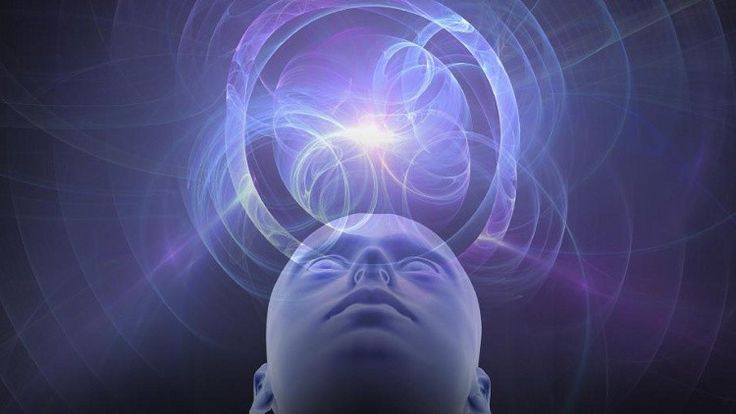 You are reverting back to your old habits and ways. Alternatively, the dream indicates that you are being given a second chance or second try at something.
You are reverting back to your old habits and ways. Alternatively, the dream indicates that you are being given a second chance or second try at something.
Nearsighted
To dream that you are nearsighted indicates that your efforts and energies are too focused on short term goals and not on preparing for the long term of the future.
Neat
To dream that something is neat and tidy indicates that you need to get organized. You need to clear your mind and let go of the past.
Nebula
To see a nebula in your dream symbolizes an outburst of creative energy and possibilities.
Neck
To see your neck in your dream signifies the relationship between the mind/mental and the body/physical. It represents willpower, self-restriction and your need to control your feelings and keep them in check. Consider the familiar phrase, "don't stick your neck out" which serves as a warning against a situation.
Consider the familiar phrase, "don't stick your neck out" which serves as a warning against a situation.
To dream that your neck is injured or sore indicates a separation between your heart and mind. There is a literal disconnect between how you feel and what you think. You are feeling conflicted. Alternatively, the dream represents something or someone, who is literally a pain in the neck.
If you dream that your neck is thick or swollen, then it represents your quick temperedness.
Neck Brace
To see or wear a neck brace in your dream implies that you are trying to reconnect your heart and mind. You are trying to rationalize your emotions.
To dream that someone is wearing a neck brace refers to your support system.
Necklace
To see or wear a necklace in your dream represents unsatisfied desires. It also highlights your intellect and your desire to have more influence and power over others. If the necklace is broken or lost, then it indicates that your rational thinking is in accordance with your emotional thinking. You need to act on your gut instinct about some situation or relationship.
If the necklace is broken or lost, then it indicates that your rational thinking is in accordance with your emotional thinking. You need to act on your gut instinct about some situation or relationship.
Dreaming that a necklace is haunted implies that you are feeling confused about a relationship. Take into consideration who gave you the necklace or if the necklace previously belonged to someone else.
Necktie
To see or wear a tie in your dream represents your obligations and relational bonds. The dream may also be a pun on feeling tied down to a situation or relationship. If the tie is loose around your neck, then it suggests that you have some unfinished business to tend to. If the tie is too tight, then it denotes that you feel trapped in a situation or condition.
Necromancer
*Please See Hypnotist
Nectar
To see or make nectar in your dream symbolizes sweetness and joy.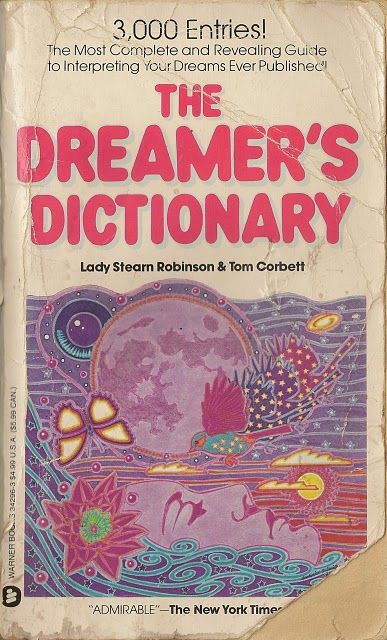 Things are going very well for you in your life.
Things are going very well for you in your life.
Nectarine
To dream that you are eating a nectarine indicates that you are at ease. You are content with the simple things in life.
Need
To dream that you are in need suggests that you are lacking something important in your waking life. The needs in your dream often reflect waking needs.
To dream that someone is in need indicates that you need to be more compassionate and sympathetic to him or her. Learn to appreciate the things you have.
Needle
To see or use a needle in your dream indicates that you need to mend some relationship or situation that has gotten out of hand. A needle is also symbolic of some emotional or physical pain. Alternatively, the dream is a metaphor for male sexuality or a sexual act. In particular, to see knitting needles in your dream suggest that you are manipulating a situation in order to get a desired outcome.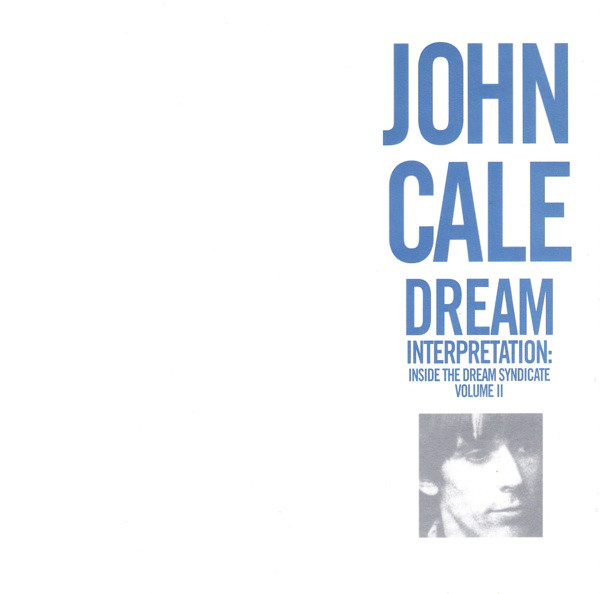
To dream that someone is using a needle suggests that you need to incorporate and join together various aspects of your consciousness.
To look for a needle in your dream symbolizes useless worries over small, trivial matters. Consider the phrase of looking for a needle in a haystack to represent our fruitless pursuits.
To dream that you are threading a needle represents unfinished issues that you need to tend to and perhaps even repair. Alternatively, the dream may have sexual connotations.
Dreaming of a needle stuck in your finger indicates that you are feeling unappreciated. You are not being recognized for your contribution or hard work. The dream may also point to a verbally abusive relationship.
Needlepoint
*Please see Knitting or Sewing.
Negatives
To see picture negatives in your dream represent a relationship or situation that is developing.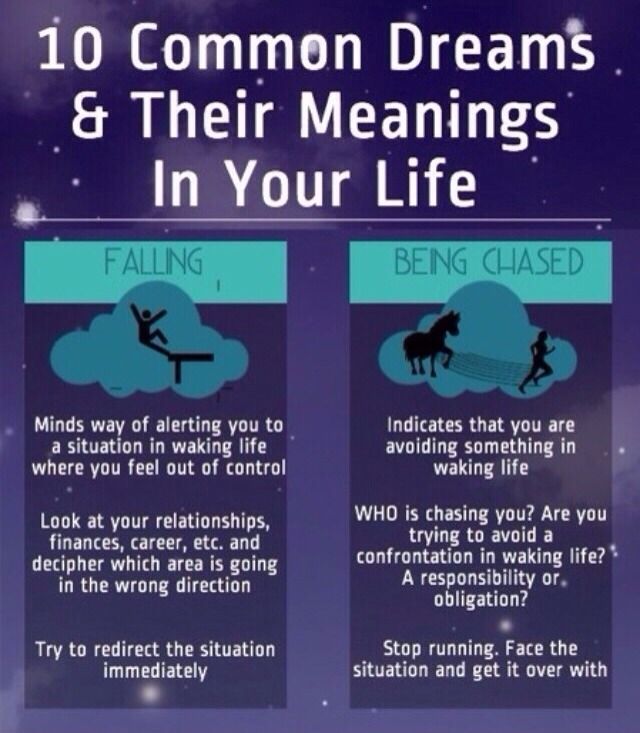 The dream may be a pun on some "negative" person or force in your life. Consider also what is being depicted in the negative.
The dream may be a pun on some "negative" person or force in your life. Consider also what is being depicted in the negative.
To have a dream in negative images implies that you are lacking an emotional component to your dreams. Alternatively, such dreams reflect memories and past experiences.
Neglect
To feel neglected in your dream represents some aspect of yourself which you are not paying enough attention to. Perhaps you are overlooking something. Alternatively, it may reflect your real waking experiences of being neglected.
If you dream of a neglected child, then it suggests that you are ignoring the desires of the inner child within. You are so focused on the responsibilities of your daily life that you forget to stop and enjoy the smaller things.
To dream that a dog is neglected indicates that you are taking some of your friends for granted.
Negligee
To see or wear a negligee in your dream indicates your suggestiveness. Perhaps you feel that people can see right through to who you are and your intentions. Do you have a secret that you are afraid will be revealed? The symbol may also be a pun on your negligence of some situation.
Perhaps you feel that people can see right through to who you are and your intentions. Do you have a secret that you are afraid will be revealed? The symbol may also be a pun on your negligence of some situation.
Neighbor
To dream of having a good neighbor signifies enjoyment and tranquility at home. If you dream of an angry or unfriendly neighbor, then it signifies dissension and disappointment. There is a waking issue that you need to address with your neighbor. Alternatively, the dream could mean relocation from your home. Perhaps you are in need of a change of scenery.
Neighborhood
To dream about your neighborhood represents a sense of community. You need to develop new friends and new ties. Consider your waking feelings toward your neighbors.
To dream that you are in an unknown neighborhood signifies aspects of your subconscious. The dream may also parallel a waking situation which is new or unfamiliar to you. You are venturing into a brand new territory and it is making you slightly anxious and uneasy.
You are venturing into a brand new territory and it is making you slightly anxious and uneasy.
To see a poor neighborhood in your dream indicates that you are feeling drained or emotionally impoverished. You are lacking support or love. Alternatively, the dream may be trying to get you to be more compassionate to those who are less fortunate. Perhaps you need to extend a helping hand to someone who is in need. The poor neighborhood may also just be a reflection of your actual living situation.
Neon Light
To see neon lights in your dream symbolize your aspirations and desires for recognition or fame, particularly if it is your name in neon. Also consider what is written in neon. There is an important message that your subconscious is trying to convey.
Nephew
To dream of your nephew represents some aspect of yourself that you need to acknowledge or recognize within yourself.
Neptune
To see the planet Neptune in your dream represents inspiration, imagination, and devotion. You may need to show some more compassion and understanding.
To see the Neptune god in your dream indicates some supercharged emotion that you need to address in your waking life. You need to control your temper.
Nerd
To see or dream that you are a nerd indicates feelings of inferiority and/or ineffectiveness. You feel that you have been overlooked.
Nervous
To dream that you are nervous about something indicates that you are experiencing self-doubt and feelings of insecurity.
Nervous Breakdown
To dream that you or someone has a nervous breakdown suggests that you have lost your frame of reference in a relationship or situation. You are seeking more clarity and insight.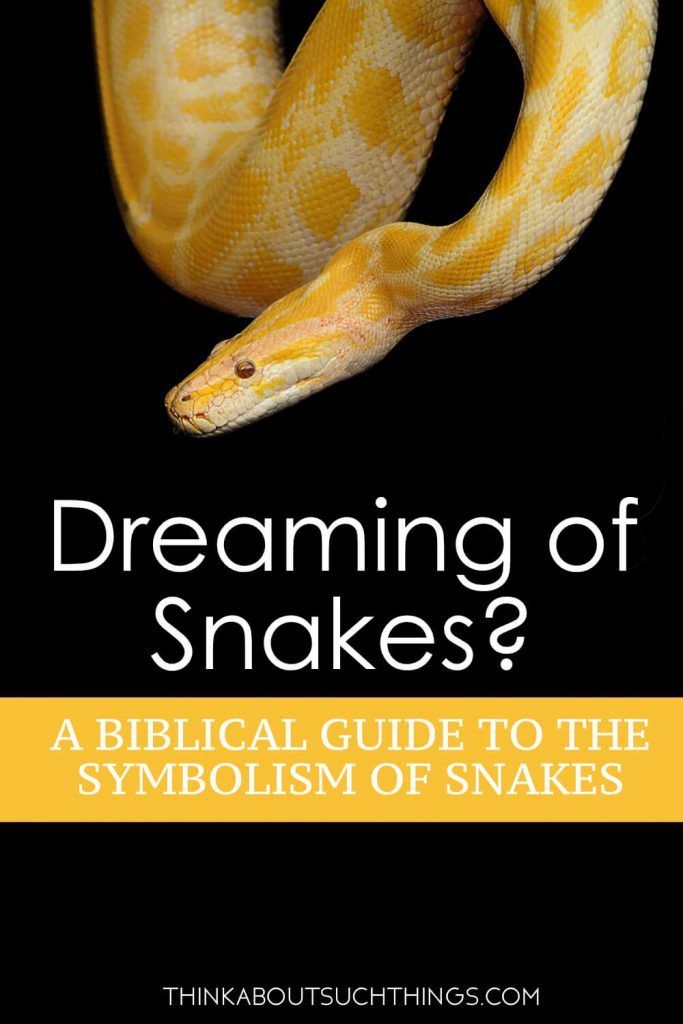 The dream also indicates that you are having difficulties trusting your own judgment and decisions. You are feeling insecure.
The dream also indicates that you are having difficulties trusting your own judgment and decisions. You are feeling insecure.
Nest
To see a nest in your dream signifies comfort, safety, homeliness, protection, or new opportunities. Consider the condition of the nest and how it parallels your waking home situation and home life. Alternatively, the nest also means emotional dependency.
If the nest is full of eggs, then it symbolizes your financial future and financial security. The dream could thus be a pun on "nest egg". If the eggs in the nest are broken or bad, then it symbolizes disappointments and failures. You are being pulled into someone else's problems or arguments.
Nesting Doll
**Please See Matryoshka Doll.
Net
To see a net in your dream suggests that you are caught in a complicated life situation.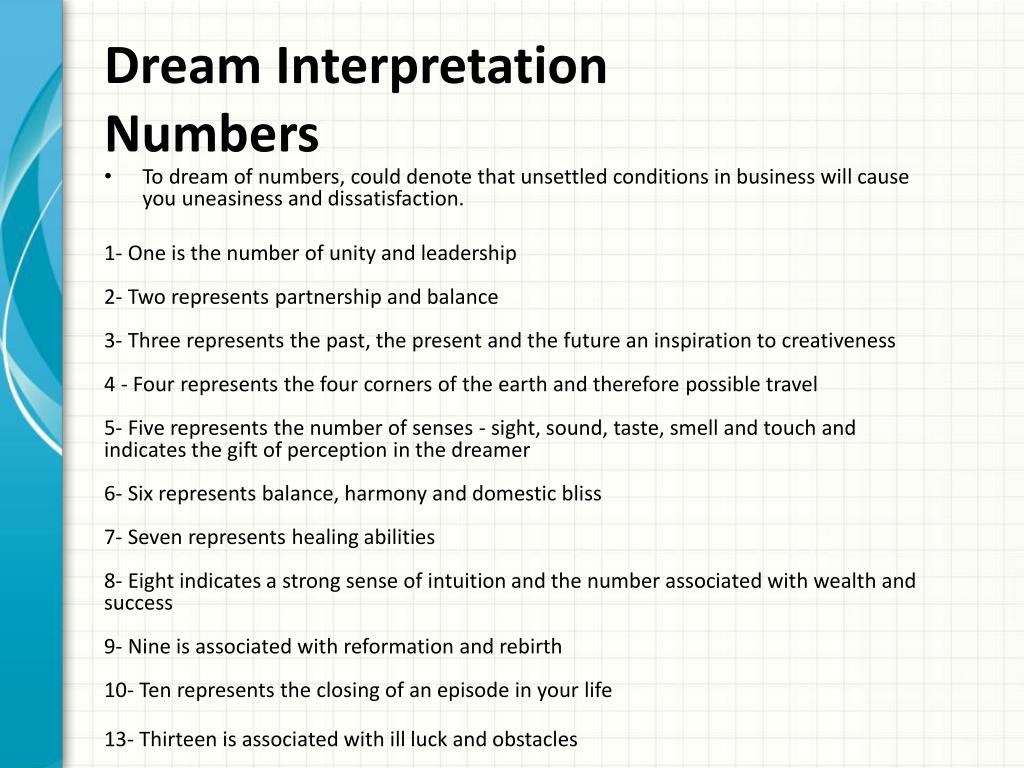 You feel trapped. Alternatively, the dream means that you need to expand your reach. it is time to "cast those nets" and see what comes back. The net may thus be a metaphor for your network of connections or the internet.
You feel trapped. Alternatively, the dream means that you need to expand your reach. it is time to "cast those nets" and see what comes back. The net may thus be a metaphor for your network of connections or the internet.
Netflix
To dream that you are looking for something to watch on Netflix represents a recap of what is happening in your life. Pay attention to the show titles that you see on the screen. Watching Netflix in your dream also indicates that you are taking control some area of your life.
Nettles
To see nettles in your dream represents a difficult situation that you need to avoid. You may be experiencing difficulty in expressing yourself. Perhaps you are in the middle of a "stingy" situation.
New
To see a new house in your dream indicates that you are taking on a new identity and developing new strengths.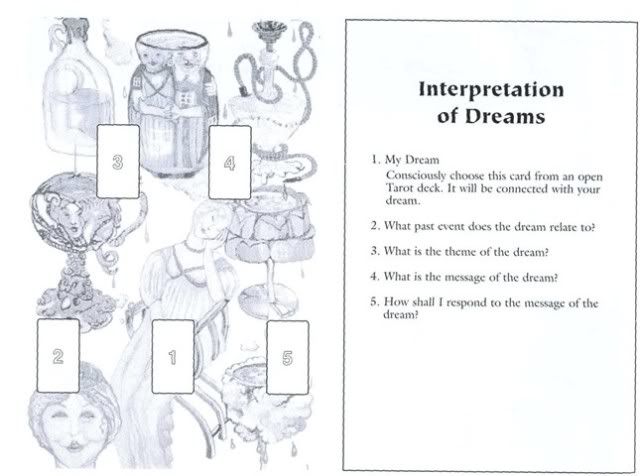 You are becoming more emotionally mature.
You are becoming more emotionally mature.
To see new shoes in your dream suggest that you are overconfident in your success. Alternatively, you may be on a life path that is unfamiliar to you.
To dream that you are at a new school means that you are feeling out of place in some situation. Or perhaps there is a new lesson that you need to learn.
In general, dream of new things and new places correspond to what is new in your waking life. It refers to something that is different or unfamiliar.
New Year
To dream of the New Year signifies prosperity, hope, new beginnings and an opportunity to make a fresh start. It also represents the start of some new project or a fresh outlook in life. On a spiritual level, the New Year represents enlightenment or new found understanding.
New York
If you do not live in New York, but dream that you are in New York, then it symbolizes your fast paced lifestyle.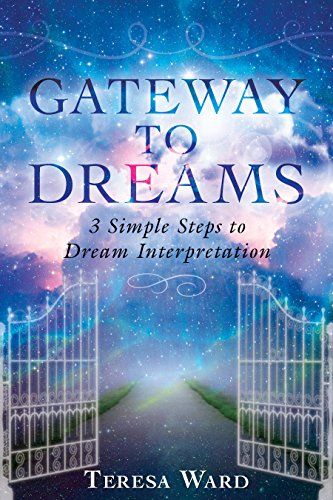 Perhaps things are moving too fast and you are unable to keep up with the demands of everyday life. Alternatively, the dream represents your desires for more excitement in your life. Or you are striving for success in your professional career. Known as "the big apple, dreaming of New York City could mean that you need to eat a more healthy diet.
Perhaps things are moving too fast and you are unable to keep up with the demands of everyday life. Alternatively, the dream represents your desires for more excitement in your life. Or you are striving for success in your professional career. Known as "the big apple, dreaming of New York City could mean that you need to eat a more healthy diet.
Newborn
*Please See Baby.
News
To watch or listen to the news in your dream signifies an important message from your subconscious. Alternatively, the dream may mean that you need to be more objective in a situation.
To hear good news in your dream is a dream of the contrary and represents a negative turn in events. If you hear bad news in your dream, then a situation is not as bad as you had anticipated.
A B C D E F G H I J K L M N O P Q R S T U V W X Y Z
  Tweet
Book Jungian Interpretation of Dreams: A Practical Guide Hall D A
- Books
- Fiction
- non-fiction
- Children's literature
- Literature in foreign languages
- Travels.
 Hobby. Leisure
Hobby. Leisure - art books
- Biographies. Memoirs. Publicism
- Comics. Manga. Graphic novels
- Magazines
- Print on demand
- Autographed books
- Books as a gift
- Moscow recommends
-
The authors • Series • Publishers • Genre
- Electronic books
- Russian classics
- detectives
- Economy
- Magazines
- Benefits
- Story
- Politics
- Biographies and memoirs
- Publicism
- Audiobooks
- Electronic audiobooks
- CDs
- Collector's editions
- Foreign prose and poetry
- Russian prose and poetry
- Children's literature
- Story
- Art
- encyclopedias
- Cooking.
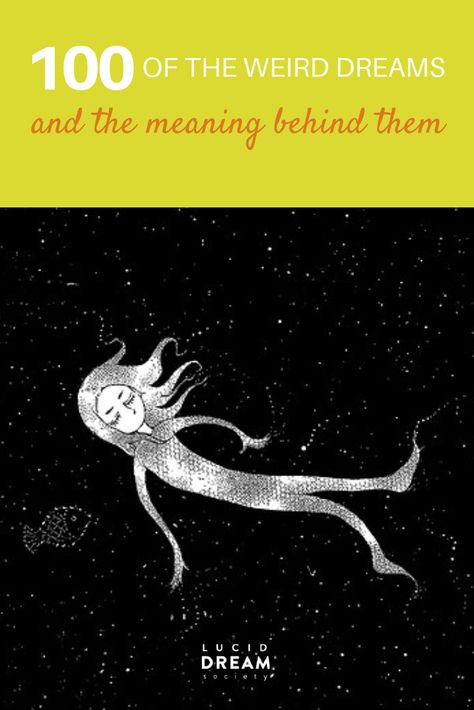 Winemaking
Winemaking - Religion, theology
- All topics
- antique books
- Children's literature
- Collected works
- Art
- History of Russia until 1917
- Fiction. foreign
- Fiction.
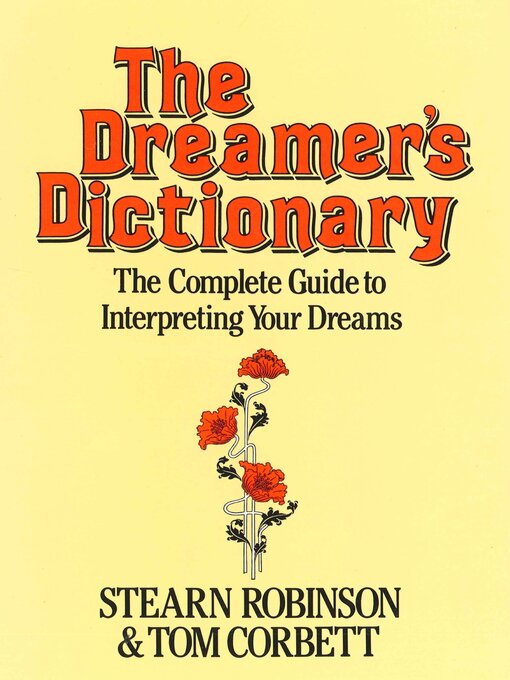 Russian
Russian - All topics
- Pre order
- Acceptance of books for commission
- Present
- Books as a gift
- Author's works
- business gifts
- literary gifts
- Miniature editions
- Gifts for children
- gift pens
- Postcards
- Calendars
- All gift topics
- Gift certificates
- Gift Baskets
- Gift Ideas
- Stationery
- business man accessories
- Unusual office
- Paper and white supplies
- Writing utensils
- Small office goods
- For artists
- Services
- bonus program
- Gift certificates
- Worldwide shipping
- Corporate service
- VIP service
- Services of the antiquarian and secondhand department
- Selection and decoration of gifts
- Production of exclusive editions
- Formation of a family library
Advanced Search
Hall D. A.
A.
We recommend to see
Mendelevich VD
Psychiatric puzzles. Selected scientific essays
880 ₽
1 060 ₽ in store
Buy
Psychiatry and psychosomatics. Postgraduate textbook
1 453 ₽
1 750 ₽ in store
Buy
Frankl VE
Saying "YES" to life: a psychologist in a concentration camp. 9th edition
515 ₽
620 ₽ in store
Buy
Saveliev SV
Poverty of the brain. 4th edition
4th edition
1 137 ₽
1 370 ₽ in store
Buy
Bettelheim B.
Enlightened heart. Human autonomy in the era of mass societies
789 ₽
950 ₽ in store
Buy
Frankl V.
About the meaning of life
465 ₽
560 ₽ in store
Buy
Saveliev S. V.
Atlas of the Human Brain
1 511 ₽
1 820 ₽ in store
Buy
Saveliev S.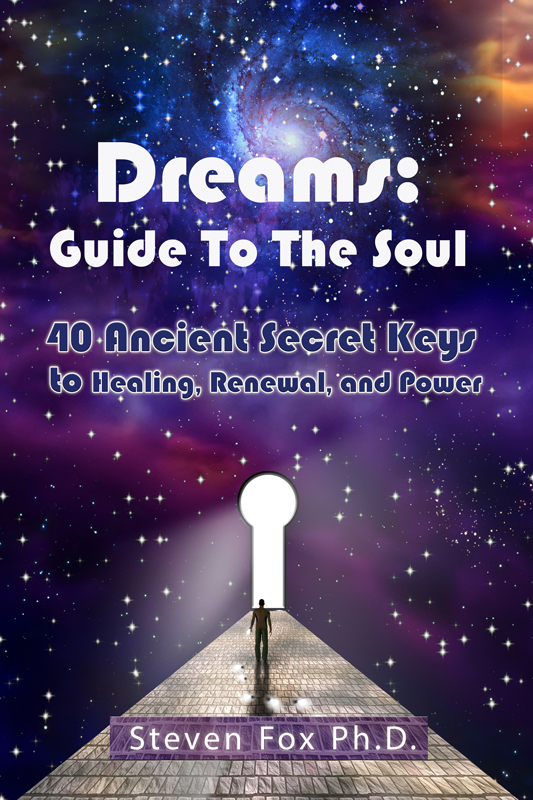 V.
V.
Origin of the brain
1 062 ₽
1 280 ₽ in store
Buy
Kolk B.
The body remembers everything: what role does psychological trauma play in a person's life and what techniques help to overcome it
822 ₽
990 ₽ in store
Buy
Frankl V.
The subconscious god. Psychotherapy and Religion
515 ₽
620 ₽ in store
Buy
Jung C. G.
Unrevealed Self
266 ₽
320 ₽ in store
Buy
Mirs E.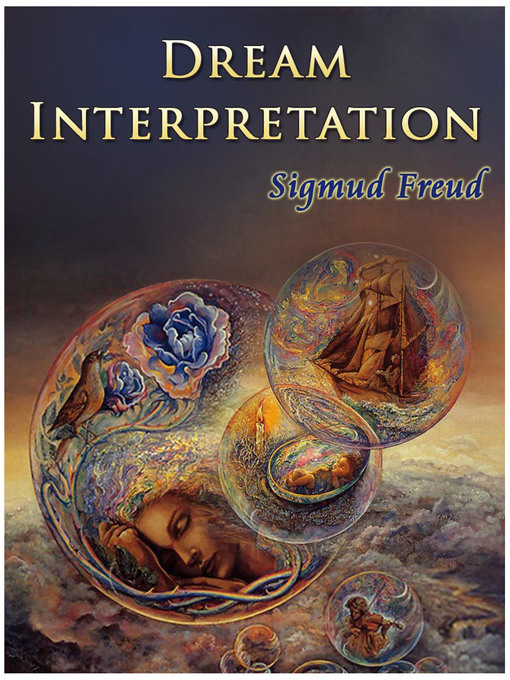
Very important people. Status and beauty in the world of elite parties
714 ₽
860 ₽ in store
Buy
Fromm E.
The Art of Loving
432 ₽
520 ₽ in store
Buy
Shakhidzhanyan V. V.
Oratory for Beginners: Learning to Speak in Public
473 ₽
570 ₽ in store
Buy
N. Yu. Nepryakhin.
Anatomy of delusions. The big book on critical thinking
822 ₽
990 ₽ in store
Buy
Franz M.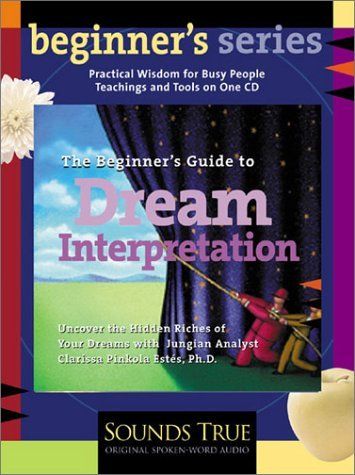 -L. background
-L. background
The interpretation of fairy tales
475 ₽
572 ₽ in store
Buy
Franz M.-L. background
Redemption motif in fairy tales. Psychological significance
666 ₽
803 ₽ in store
Buy
Load more
Wandering Dreams | Science and Life
Falling asleep is a natural end to every day. It is believed that sleep restores strength, heals daytime wounds, relieves anxiety. But at the same time, a recurring nightmare can deprive a person of peace for a long time.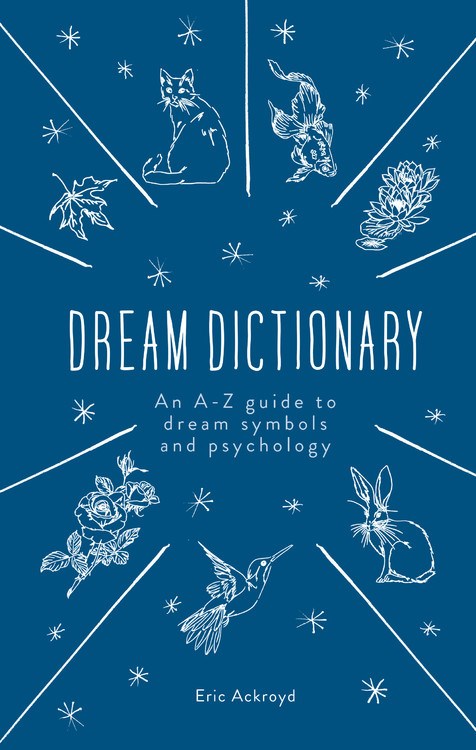 The meaning of sleep, the origin of dreams is still largely a mystery to scientists.
The meaning of sleep, the origin of dreams is still largely a mystery to scientists.
Science and life // Illustrations
Science and life // Illustrations
Science and life // Illustrations
Science and life // Illustrations
Science and life // Illustrations
‹
› Open
in full size
Why do we sleep? It would seem that there is no need to turn off the mind in order to give the body a rest. Moreover, the purpose of dreams is not clear. Why does the brain, instead of resting, actively work, compose stories (often scary or unpleasant)? Why does he frighten himself, drive him to despair, drive him into a dead end from which there is not the slightest hope of getting out, and then return to a waking state? Is there any benefit even from nightmares?
INTERPRETATION OF DREAMS
In the 5th century BC. the Greek poet Paniasis wrote an interpretive guide dreams, containing a general theory and explanation of individual dreams.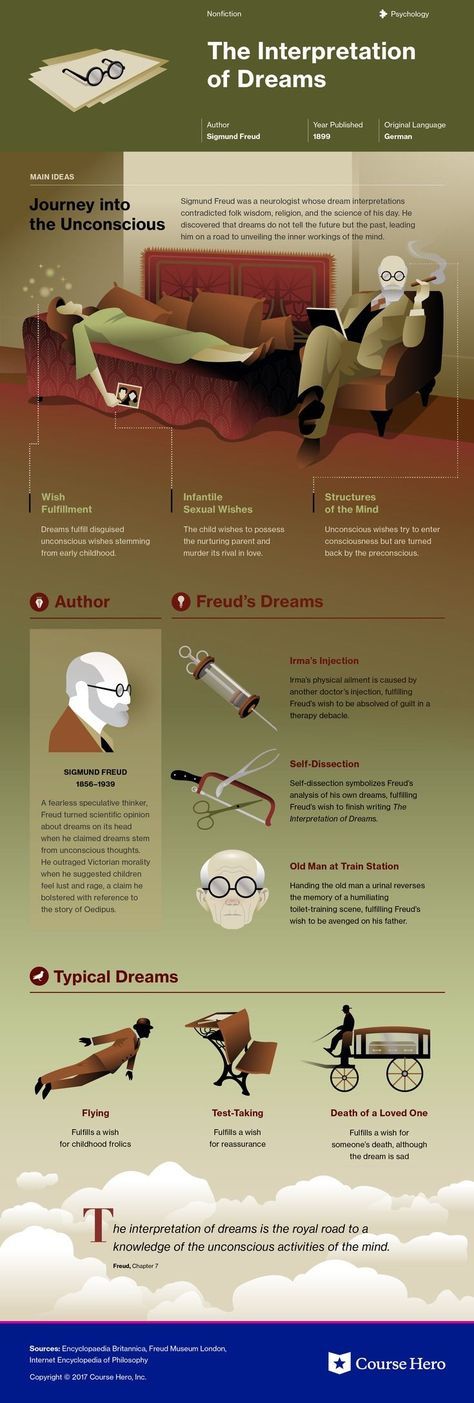 At times Alexander the Great, the Athenian Antiphon described in the book many dreams with instructions, how well they were interpreted. Unfortunately, from the works of ancient specialists according to dreams, only minor fragments have survived.
At times Alexander the Great, the Athenian Antiphon described in the book many dreams with instructions, how well they were interpreted. Unfortunately, from the works of ancient specialists according to dreams, only minor fragments have survived.
The oldest fully extant dream book was compiled in the 2nd century AD. Artemidorus of Lydia. In the 17th century, this book was translated into English. It became a bestseller and by 1800 had gone through 32 editions in England.
With the development of science and education, the attitude towards dream books has changed. They and their naive readers were laughed at. However, in the 19th century, works began to appear that claimed a scientific approach. In 1814, a book by the Munich specialist in the philosophical foundations of natural science Gotthilf Schubert (1780-1860) "Symbolism of Dreams" was published in Germany, and in 1861 the work of Karl Albert Scherner "The Life of a Dream" appeared. It contained discoveries that were later confirmed by psychoanalysis, although they were fundamentally modified.
In the middle of the 19th century, the French physician Academician Alfred Maury took up the scientific study of dreams. After carefully studying more than 3,000 dream reports, he came to the conclusion that the content of dreams can be explained by external influences. For example, at night, some object falls on a person’s head, and the one who wakes up with horror recalls that in a dream a revolutionary tribunal sentenced him to death and a guillotine knife cut off his head. But were there really no closer associations with a blow to the back of the head? After all, in the time of Maury, the era of the French Revolution managed to become a thing of the past, the guillotine hardly belonged to subjects that a person often thought about or dealt with.
DREAMS - ACCORDING TO FREUD
Day thoughts
We stepped into the night.
Vladislav Khodasevich
The famous American philosopher Ralph Emerson (1803 - 1882) argued that an experienced person studies dreams not in order to predict his future, but in order to know himself. This idea is most fully developed by the founder of psychoanalysis, Sigmund Freud (1856-1939), whose book The Interpretation of Dreams appeared on bookstore shelves in November 189.9 years old
This idea is most fully developed by the founder of psychoanalysis, Sigmund Freud (1856-1939), whose book The Interpretation of Dreams appeared on bookstore shelves in November 189.9 years old
According to Freud, a dream does not portend anything and generally has nothing to do with the future. It contains only the past and the past. Sleep analysis makes it possible to understand hidden aspirations and fears, the roots of which are very difficult to get to in other ways.
A person often has strong desires that contradict his upbringing and psychological attitudes. He is afraid to admit it to himself. During the day, when a person is awake, these unattainable desires go to the unconscious and are there under the reliable protection of "censorship". The state of sleep causes a redistribution of psychic energy.
The sleeper is deprived of the ability to act and fulfill his desires, he does not need to expend energy to eradicate harmless hallucinations. The only harm they can bring is the interruption of sleep. Therefore, desires in a dream are not extinguished, but are only translated into a special symbolic language, necessary in order to deceive the "censorship", which does not allow anything forbidden to enter the consciousness. Thus, a compromise is reached: passions boil in a dream and forbidden scenarios are played, and after waking up they are forgotten or remembered in such a distorted form that they seem completely meaningless. Dreams in the representations of people of different cultures are strongly associated with dreams and fantasies. It is not surprising that psychoanalysis has turned the interpretation of dreams into the interpretation of fantasies and dreams, and the images of dreams into symbols and objects of passionate harassment.
Therefore, desires in a dream are not extinguished, but are only translated into a special symbolic language, necessary in order to deceive the "censorship", which does not allow anything forbidden to enter the consciousness. Thus, a compromise is reached: passions boil in a dream and forbidden scenarios are played, and after waking up they are forgotten or remembered in such a distorted form that they seem completely meaningless. Dreams in the representations of people of different cultures are strongly associated with dreams and fantasies. It is not surprising that psychoanalysis has turned the interpretation of dreams into the interpretation of fantasies and dreams, and the images of dreams into symbols and objects of passionate harassment.
DREAMS - IN THE HALL
Dream images - materialization of thoughts.
Calvin Hall
The famous American psychologist Calvin Hall (1909 - 1985) approached the creation of dreams as a creative intellectual cognitive process that does not require any special abilities or special training from the sleeper. Unlike Freud, Hall has thoughts at the center of sleep. But not about anything. At least not about politics and economics.
Unlike Freud, Hall has thoughts at the center of sleep. But not about anything. At least not about politics and economics.
Hall was researching the dreams of his students during the days when the Americans dropped the atomic bomb on Hiroshima. This event was not directly reflected in any of the analyzed dreams. Major sports competitions, presidential elections, clashes of interests of the superpowers, on which the future of the world depends, were also ignored by dreams.
Therefore, Hall came to the conclusion that in dreams people, as a rule, deal not with intellectual, scientific, cultural or professional problems, but with their inner world. Dreams express a person's thoughts about himself and his desires, about the people with whom he communicates, about prohibitions and punishments for their violation, about life's difficulties and ways to achieve the goal.
PARADOXICAL DREAM
At the time when Sigmund Freud began to apply the ideas of psychoanalysis to the interpretation of dreams, almost nothing was known about the physiology of sleep.![]() Everything seemed simple enough. Fatigue causes a decrease in brain activity. The tired brain is temporarily disconnected from communication with the outside world, and sleep sets in, which serves to restore strength.
Everything seemed simple enough. Fatigue causes a decrease in brain activity. The tired brain is temporarily disconnected from communication with the outside world, and sleep sets in, which serves to restore strength.
In 1949, Giuseppe Moruzzi and Horace Magun discovered that if a cat's neural pathways through which information enters the brain, this will not affect in any way changing states of sleep and wakefulness. It is a different matter if the so-called reticular formation, on which the excitation of individual parts of the brain depends. In this case, the animal becomes lethargic and falls asleep. electrical stimulation reticular formation, on the contrary, immediately leads to the awakening of a sleeping animal. This means that sleep is not connected with fencing off from the outside world, but with a special mechanism, operating within the brain.
In 1957, American scientist Nathaniel Kleitman and two of his graduate students, Eugene Azerinski and William Dement, published their findings showing that sleep is not a homogeneous process. It consists of two main alternating and clearly distinct phases: non-REM and REM sleep.
It consists of two main alternating and clearly distinct phases: non-REM and REM sleep.
REM sleep is accompanied by rapid eye movements, increased breathing and heart rate, and an increase in blood pressure. The electroencephalogram during REM sleep is often similar to that characteristic of the waking state. REM sleep is also called paradoxical, because one who in a dream becomes a participant in rapidly developing exciting events is deprived of the opportunity to physically respond to them. His arms and legs are inactive, his neck muscles are almost paralyzed. Imagine for a moment what would happen if we responded with actions to all the threats and troubles that fall upon us in dreams. Therefore, a person reacts to all the complex ups and downs of sleep only with safe eye movements.
The results of experiments published shortly after the discovery of REM and non-REM sleep suggested that the majority of those who woke up in REM sleep remembered their dreams. Only 5-10 percent of those awakened in the slow sleep phase.
It is curious that the division into slow and fast sleep is inherent not only in humans, but also, for example, in birds. Snakes, crocodiles, lizards, turtles do not have REM sleep, but among mammals, one echidna seems to do without it.
DREAM BIOCHEMISTRY
Daily nonsense
Replaced by another -
Daytime nonsense
Nonsense of the night.
These words of Andrei Bely are quite suitable for the neurophysiological model of dreams proposed in 1977 by Harvard University researchers Allan Hobson and Robert McCarley.
It turns out that when explaining the mechanism of dreams, one can generally forget about human feelings, thoughts and aspirations. The "dream generator" is located in the brain stem. It regularly, as scheduled, turns on and begins to “bombard” the cerebral cortex, that is, activate nerve cells in its individual sections.
The choice of targets to bombard (as opposed to the generator's operating time, which can be calculated with a high degree of accuracy) is completely random.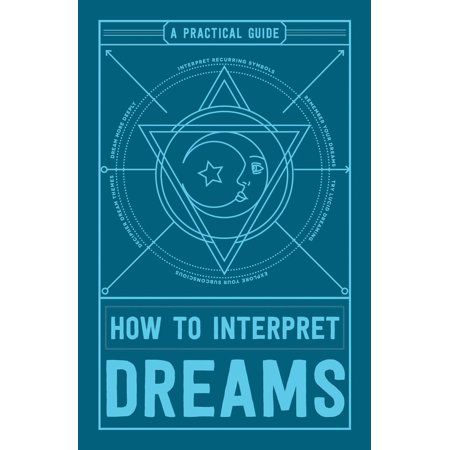 Excited areas of the cerebral cortex produce dreams, the beginning and duration of which are programmed, and the content is devoid of any meaning. Random pictures replace one another, as in a kaleidoscope.
Excited areas of the cerebral cortex produce dreams, the beginning and duration of which are programmed, and the content is devoid of any meaning. Random pictures replace one another, as in a kaleidoscope.
According to Harvard scientists, dreams have no special purpose. They only accompany a vital physiological process that regulates the functioning of the brain. Should we be surprised at the illogicality of dreams and come up with psychoanalytic justifications for their bizarreness?
This theory caused a storm of protests from psychologists. Indeed, it is hard to believe that dreams, which are often very complex and intricately constructed, are the result of random processes. It is also not clear how the same dream is sometimes repeated several times.
DIFFERENT MECHANISMS OF DREAM AND REM SLEEP
So says the English scientist Mark Solms. According to him, REM sleep is neither a necessary nor a sufficient condition for the occurrence of dreams.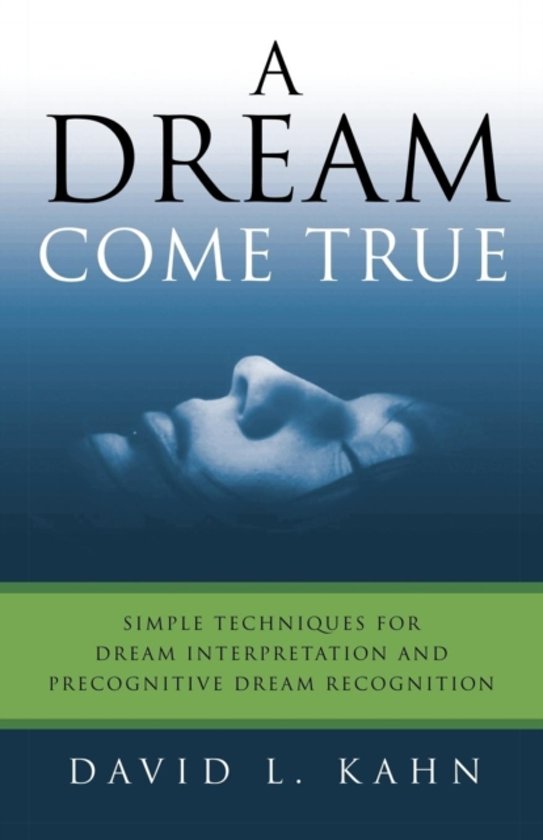 There are many examples where damage to the brain stem led to a complete or almost complete loss of REM sleep, but dreams persisted. If the frontal lobes of the brain are damaged, dreams disappear, but normal REM sleep persists.
There are many examples where damage to the brain stem led to a complete or almost complete loss of REM sleep, but dreams persisted. If the frontal lobes of the brain are damaged, dreams disappear, but normal REM sleep persists.
In the twenties of the last century, research began on the effect of sleep on memory. In the 1960s and 1970s, there were many animal experiments that were supposed to prove that REM sleep deprivation impairs learning ability and destroys memory. However, since then interest in this topic has decreased significantly. First, it became clear that in many cases it was not the sleep deprivation that had the decisive influence, but the stressful situation. Secondly, taking antidepressants destroys REM sleep, but does not necessarily lead to memory impairment.
A hypothesis has emerged that the main purpose of REM sleep is to periodically stimulate the brain. Thus, throughout the entire sleep, the minimum required level of activity of the central nervous system is maintained and the brain is prepared for awakening.
If we do not put an equal sign between REM sleep and dreams, it can be assumed that the impact on mental abilities is exerted not by the physiological processes that accompany REM sleep, but by the mental processes associated with dreams.
DREAMS TO FORGET
information that he, quite possibly, will never use in his life, but which he nevertheless carefully keeps in his memory. The brain is not able to constantly do sorting. He mechanically takes a lot of superfluous and runs the risk of becoming like a closet full of useless rubbish, in which nothing can be found.
A person constantly uses information from his memory. So, in order to remember something, does he have to sort through, look through and think through everything that his brain managed to accumulate every time? People have painful memories. Each touch to them is capable to cause a mental trauma. However, a healthy person lives with them and does not experience any particular inconvenience. People don't forget anything. They only put marks on separate parts of their memory: do not look here.
People don't forget anything. They only put marks on separate parts of their memory: do not look here.
Unnecessary information learned during the day can stick in the brain like a splinter. It causes the emergence of new harmful connections between separate areas of the cerebral cortex and activates nerve cells, which entails fantasies and obsessions.
In 1983, Nobel laureate biophysicist Francis Crick and mathematician Graeme Mitchison suggested that the purpose of dreams is precisely to break these harmful connections, and with them burdensome fantasies. Dreams help to forget the superfluous that has penetrated the brain during the day.
DO DREAMS EXIST?
Disputes about the role of dreams in mental life have been going on for many centuries and are becoming more and more fierce. Meanwhile, in 1896, the eminent French logician and scientific theorist Edmond Goblot, in his article On the Recall of Dreams, suggested that these discussions were groundless for the simple reason that dreams do not exist at all.
When a person wakes up, it seems that he remembers the events that he saw during the dream. It seems to be quite obvious: this did not happen in reality, which means that it was a dream. However, one cannot exclude the possibility that imaginary dreams are wholly or partially constructed during the brief period of awakening and at the very beginning of wakefulness.
It can be assumed that during sleep (both fast and slow) no mental processes occur. Consciousness is completely disabled. But here it is gradually waking up. It again includes images of the surrounding world. They must be reordered to such an extent that they can be operated on. What we used to call dreams is actually a kind of morning mental gymnastics, a daily adaptation of consciousness to reality.
Edward Wolpert of the University of Chicago recorded the electrical potential in the muscles of the limbs of a sleeper. At first, excitement was noted in the right arm, then in the left, and then in the legs.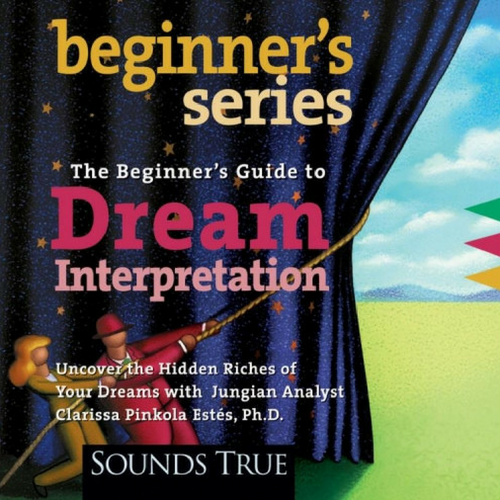 It turned out that the sequence of muscle activation correlates well with sleep. The sleeper had a dream: he held a bouquet of flowers first in his right hand, then took it in his left and went somewhere. Do such experiments contradict Goblo's hypothesis? Hardly. The dream may have occurred some time after muscle activation (which may have been accidental) and retroactively "explain" the cause of the muscle activity.
It turned out that the sequence of muscle activation correlates well with sleep. The sleeper had a dream: he held a bouquet of flowers first in his right hand, then took it in his left and went somewhere. Do such experiments contradict Goblo's hypothesis? Hardly. The dream may have occurred some time after muscle activation (which may have been accidental) and retroactively "explain" the cause of the muscle activity.
But what do periodic rapid eye movements mean in this case? In order to follow the events taking place in a dream, eyes are not needed. Their movements can be explained by the physiological processes studied by A. Hobson and R. McCarley.
Goblo's suggestion looked too radical. And then psychoanalysis made its way with its doctrine of the intense, never fading psychic work of the unconscious, which manifests itself in night dreams. The strange hypothesis was forgotten for a long time. Reminds me of her at 1981 Calvin Hall, which was discussed above.
THE MATTER FROM WHICH DREAMS ARE WEAVED
Studies of the biochemical processes occurring in various parts of the brain shed light on the physiological mechanism of sleep, but give little to understand the nature of dreams.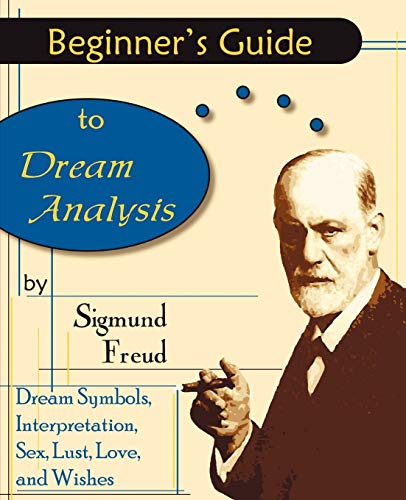 Psychoanalysis proceeds from the fact that dreams become the end of the dramatic struggle of passions that takes place in the unconscious. However, Goblo's hypothesis suggests that it is legitimate to look at dreams from a different point of view. They are not the end, but the beginning of the mental process.
Psychoanalysis proceeds from the fact that dreams become the end of the dramatic struggle of passions that takes place in the unconscious. However, Goblo's hypothesis suggests that it is legitimate to look at dreams from a different point of view. They are not the end, but the beginning of the mental process.
Psychoanalysis insists on the sexual nature of most dreams, explaining this by the fact that each person has a great many forbidden desires driven into the unconscious and rushing to freedom. But in reality, dreams are much more diverse. For example, they often contain chase scenes, but it would hardly occur to anyone to explain this by the wide spread of latent persecution mania.
And what if the dream is not a mirror at all, in which our spiritual conflicts and traumas are reflected? What if he has his own special purpose, not at all related to mental illness?
Dreams cannot tell anything not only about the future, but also about the past and present. They are incapable of revealing the secrets of the unconscious to us because they are not means of communication.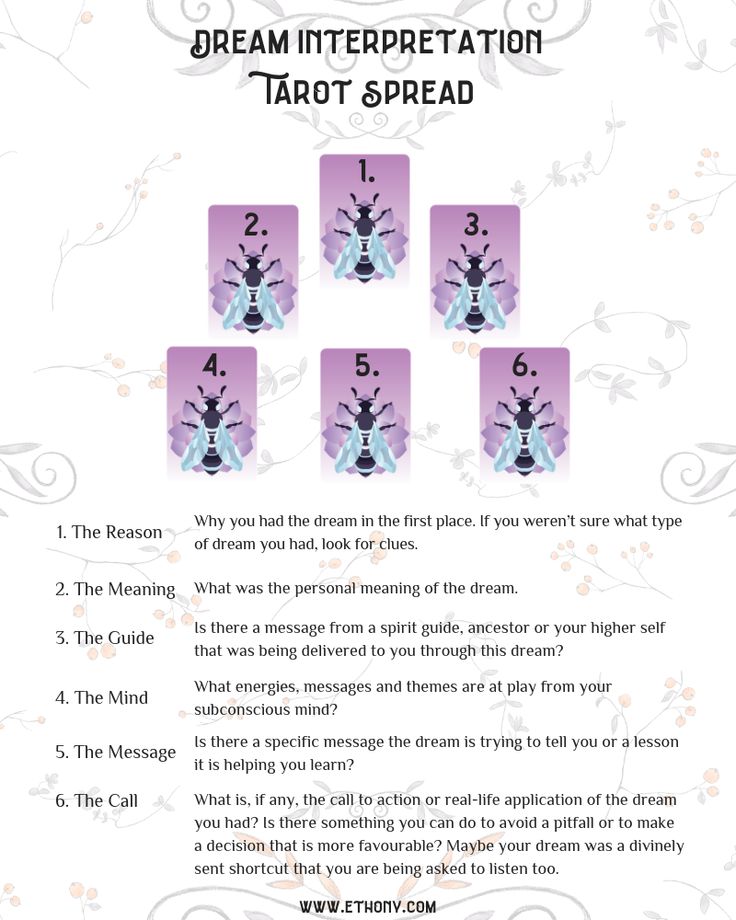 The sleeper does not need semantic information - after all, he is deprived of the opportunity to process it. Apart from a small number of funny but vague stories about wonderful scientific ideas and discoveries that came in dreams, there is not even a hint that a person is able to solve even the simplest problem in a dream.
The sleeper does not need semantic information - after all, he is deprived of the opportunity to process it. Apart from a small number of funny but vague stories about wonderful scientific ideas and discoveries that came in dreams, there is not even a hint that a person is able to solve even the simplest problem in a dream.
Imagine that sex, scenes of violence, disasters and chases are not an end in themselves, but just a building material. They are the stuff that dreams are made of but by no means their essence. And they penetrate into dreams not because sleep time them under primitive masks and keep them within the limits of the unconscious, and therefore, that there is a need for them. But why, in order to construct their dreams, a person can't find more enjoyable material?
DREAM FACTORIES
After analyzing 10,000 dreams, Hall came to the conclusion that 64 percent of them are associated with sadness, forebodings, fears, irritation, anger, and only 18 percent - with joyful and cheerful sensations.
If the sleeper consciously or unconsciously participates in the choice of plots for his dreams, why does he need nightmares? One can, of course, try to explain the prevalence of painful dreams by people's fear of life, but why do we persist in saying "as in a dream" about something unusually good, not paying attention to experience, which tells everyone that the adventures in a dream are usually not very pleasant?
Works of literature and painting, films, performances are related to dreams, but they do not come to us in the twilight of the night and not with a muffled consciousness. We certainly choose them ourselves, but they are also full of scenes that, it would seem, we should avoid by all means.
Children love scary stories. They do not excite them, but calm them down and help them fall asleep faster. Parents do not interfere with a strange hobby. On the contrary, they themselves scare the children with disgusting fairy-tale characters. Yes, and many adults read horror novels and watch nerve-wracking films.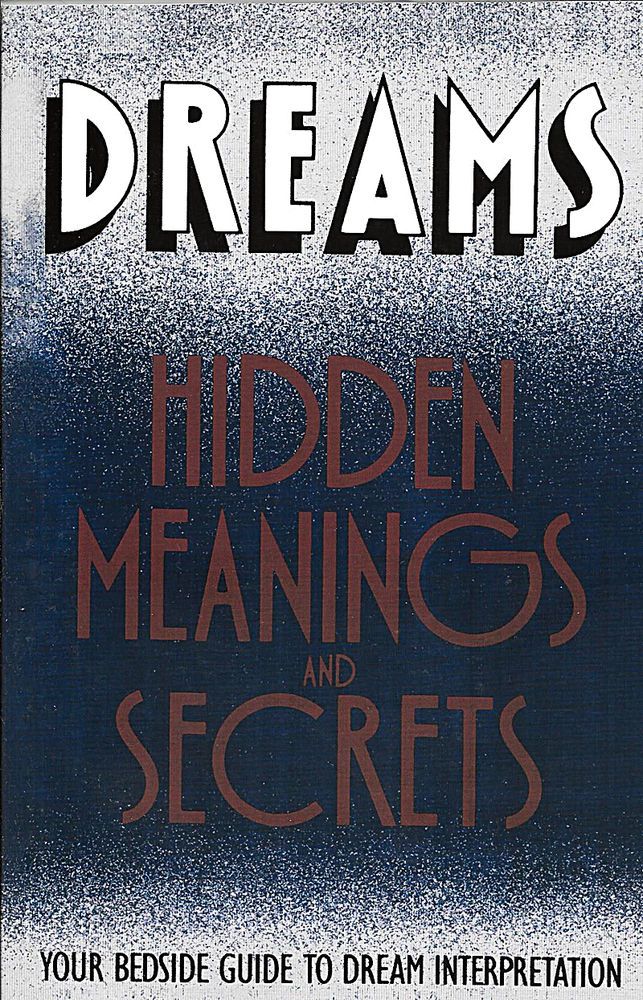 It is not clear whether they are attracted by the turbulent boiling of passions, or whether there is something more important next to these passions?
It is not clear whether they are attracted by the turbulent boiling of passions, or whether there is something more important next to these passions?
Movie studios are called "dream factories". They produce products that are consumed by millions of people. Products in which negative emotions are clearly no less than in dreams.
DREAM LOGIC
Tie a thread to a cork or matchbox and pull it in front of the cat. Murka will forget about everything in the world and try to catch up and catch a moving object. The dog rushes after a flying stick or a running person. The animal behaves like an automaton. And the man? How often he is in a hurry to slip through the closing doors of the subway car, although he is in no hurry anywhere. He doesn't need it at all, but he does it. He yawns if someone yawns in front of him, and laughs if others laugh. Cheerful faces excite in him a joyful mood, sad ones make me sad.
A viewer watching a chase scene in a movie is sometimes so anxious as if their future depends on the outcome.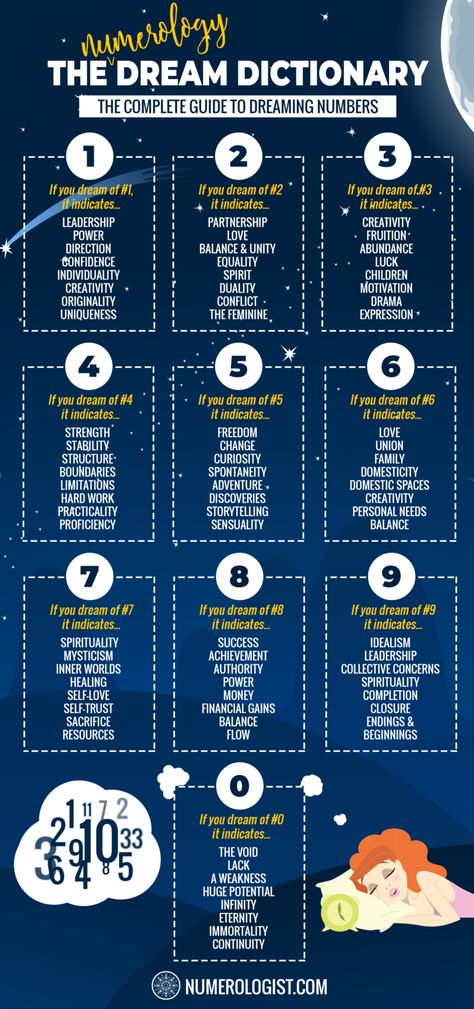 And in general, any rapid movement on the screen awakens excitement. Of course, there are naive viewers who confuse reality with fiction, but this is not about them.
And in general, any rapid movement on the screen awakens excitement. Of course, there are naive viewers who confuse reality with fiction, but this is not about them.
A person clearly realizes that there is no cause for alarm, however, any living being is arranged in such a way that it involuntarily reacts to everything that stands out and attracts its attention. And the answer is immediate and unambiguous.
Anxiety is caused by the inability to intervene in what is happening or at least express one's reaction. From childhood, a person gets used to the fact that any movement symbolizes the upcoming changes. Any changes are associated with expectation, with the need to be prepared for various kinds of surprises. We must hurry and have time to take action, otherwise you can get into trouble.
The viewer sympathizes with the characters of the film. It seems to him that it is empathy that makes him laugh, rejoice, resent, become furious, cry. But next to empathy, there are standard mechanical reactions to simple irritations.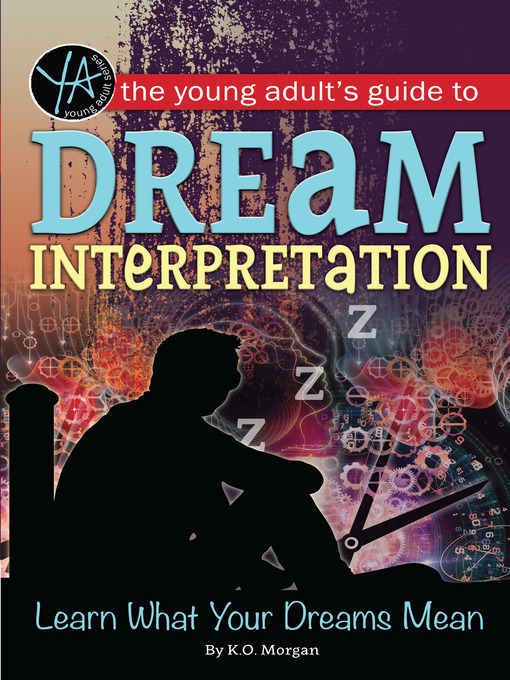 They often awaken anxiety, which should be filled with understandable content. The most natural way of such content for the viewer is the perception of on-screen images and events as real and the accompanying empathy. The situations that appear on the screen can be implausible, and sometimes ridiculous, but this is of secondary importance both for the directors of the picture and for its viewers.
They often awaken anxiety, which should be filled with understandable content. The most natural way of such content for the viewer is the perception of on-screen images and events as real and the accompanying empathy. The situations that appear on the screen can be implausible, and sometimes ridiculous, but this is of secondary importance both for the directors of the picture and for its viewers.
Scenes of sex, violence, catastrophes (both in the film and in the dream) play the role of stimuli that excite the imagination, although they do not evoke the same reactions that they would stimulate in real life. According to the principle of functional autonomy, developed by the American psychologist Gordon Allport, incentives break away from their biological or social roots and begin to take on a life of their own. Man yearns for the sea. In his youth, he earned money by the hard work of a sailor and cursed his fate, now he is a rich banker, troubles are forgotten, and the sea evokes nostalgic feelings.
Sex scenes in a dream do not have to be associated with sexual desire, and scenes of violence - with repressed "atrocious" desires. The dream is not a realistic novel. He has his own logic. There may be no semantic load in its elements. Their purpose is not to convey information, but to awaken mental processes.
LITERATURE
The eternal mystery of sleep. - "Science and Life", No. 1, 1991.
Galaeva A. Rhythm and sleep. - "Science and Life", No. 7, 1977.
Makarov V. Three rhythms. - "Science and Life", No. 1, 1986.
On the wings of sleep. - "In the world of science", No. 3, 2003.
Details for the curious
STAGES OF SLEEP
Depending on brain activity, from awake to deep sleep, the electrical signals of millions of neurons have a characteristic rhythm that differs in frequency and amplitude. There are four stages of sleep. At the first stage, transitional between wakefulness and sleep and lasting only a few minutes, theta rhythm predominates with short periods of alpha rhythm. In the second stage, which also continues several minutes, high amplitude peaks appear against the background of the theta rhythm - the so-called "sleep spindles". The third and fourth stages are deep sleep, for which characteristic delta rhythm. Approximately every hour and a half, deep sleep is interrupted REM sleep, which lasts about 20 minutes.
At the first stage, transitional between wakefulness and sleep and lasting only a few minutes, theta rhythm predominates with short periods of alpha rhythm. In the second stage, which also continues several minutes, high amplitude peaks appear against the background of the theta rhythm - the so-called "sleep spindles". The third and fourth stages are deep sleep, for which characteristic delta rhythm. Approximately every hour and a half, deep sleep is interrupted REM sleep, which lasts about 20 minutes.
SLEEP RATES FOR AGE
Nighttime sleep decreases significantly with age. Up to 70% of people older than 65 complain of insomnia. Decreases especially in the elderly duration of REM sleep. Some scientists believe that REM sleep is an adaptation a mechanism that compensates for the information flow entering the brain. Therefore dreams children are emotional: we all flew in childhood, fell into the abyss, felt fear and helplessness in the face of the threat.